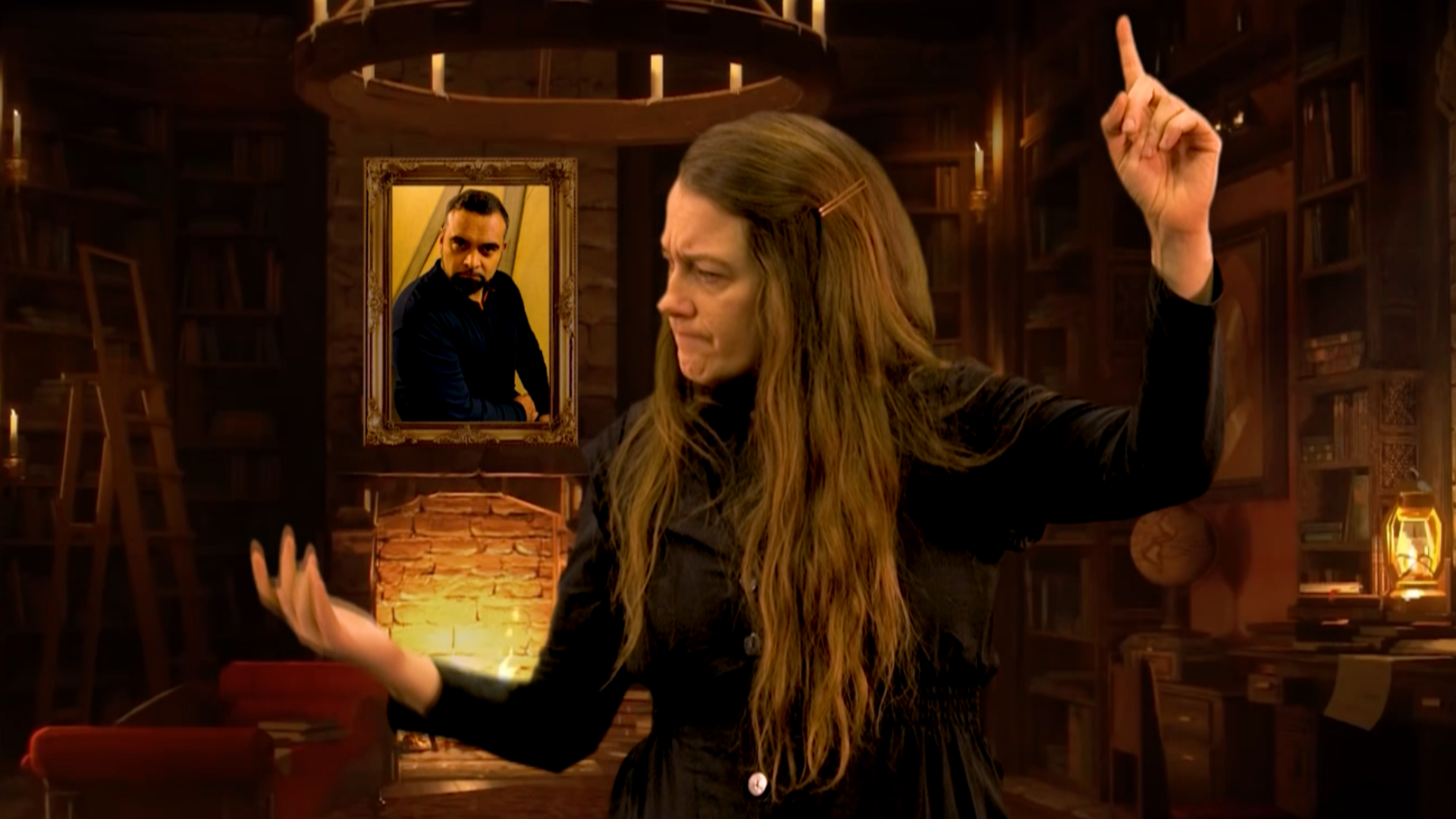Signing Shakespeare is a project designed to support deaf young people in their study and enjoyment of Shakespeare. There are around 52,000 deaf children in the UK, many of whom are disadvantaged in the classroom.
Recent figures produced by the National Deaf Children’s Society show that British deaf students achieve, on average, a grade lower than their hearing peers at GCSE level. Attainment gaps in English and Maths are particularly stark with around 37.7% of deaf children achieving a grade 5 in both subjects compared with 51.9% of all children.
Shakespeare is a compulsory element of the National Curriculum in England, yet many deaf young people struggle to access his work. There are very few resources available to help teachers to support their deaf students. As a result, some deaf students are excluded from the Shakespeare classroom, and hence from the study of GCSE English.
This project, developed by University of Birmingham academics with the RSC, aims to tackle this problem by:
- Increasing deaf awareness and appreciation of how sign language can bring new ideas and interpretations to working with Shakespeare for all
- Offering role models for deaf young people
- Creating enjoyment and understanding of Shakespeare’s text
- Developing pro-social, collaborative skills
- Supporting social and emotional development
- Building understanding of literary terms including iambic pentameter, antithesis, soliloquy
Since it began in 2000, Signing Shakespeare has evolved into a programme of active, rehearsal room-based resources for the study of Shakespeare’s plays, supported by image-rich presentations. So far, we have completed a scheme of work for Macbeth, which is the most widely taught of Shakespeare’s plays.

All the resources are built around a series of films – key scenes from the play – performed by deaf actors in British Sign Language (BSL), Sign Supported English, and sometimes Visual Vernacular. The films add clarity to vital moments of the plot and inspire students to perform their own versions. With a generous donation from the Billy Rose Foundation in New York, we made the films for Macbeth in American Sign Language – making them accessible to the estimated 308,648 deaf or hard-of-hearing children between the ages of 5 and 17 in the US.
We trialled these resources in schools for the deaf and with teachers in a range of educational settings, and the response has been extremely positive. At Braidwood Trust School for the Deaf, the Head of English said: “Pupils were all highly engaged. I was amazed with how much they remembered of the story.” Another teacher, working at a deaf unit in a London school, described the resources as “absolutely vital”, adding that they could make a real difference to his students’ educational experience.
Having worked on Macbeth, we now hope to continue our work to produce resources for the other most frequently studied Shakespeare plays – Romeo and Juliet, A Midsummer Night’s Dream and The Tempest. Indeed, work is already well underway to create similar resources for the latter in collaboration with the Birmingham Rep, where a special BSL performance of The Tempest will be performed in the summer of 2024.
With the introduction of the BSL Act of 2022, British Sign Language has been recognised by law as a language of the UK and the government has committed to its promotion and facilitation. Our hope is, that, as a compulsory element of the UK education syllabus, Shakespeare will become fully accessible to users of BSL and other sign languages.